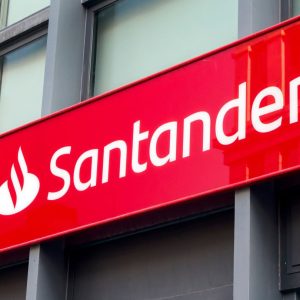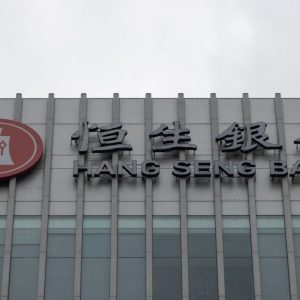The report concludes that many key emerging markets have passed the stage of the market cycle in which most stocks rise, even though there continues to be strong economic growth across a wide range of emerging markets countries.
Andrea Clark, senior international research analyst at The Boston Company, said good economic growth does not necessarily result in a good stock market in an emerging markets country. For example, consider the strong economic growth, but relatively weak stock market returns in China and Brazil in 2010.
The report cites Chinese economic growth in 2010, when it topped 10%. This rapid growth, the report says, raised inflationary fears, which led to tighter monetary policies and highly publicized wage disputes, putting pressure on stocks.
The report noted that Brazil and India also faced threats from inflation.
At this stage of the market cycle, The Boston Company recommended investors to construct a portfolio of the most compelling companies in emerging markets instead of buying an index fund or exchange-traded fund (ETF) that buys an entire market.
"Buying an index could cause investors to miss a wealth of stocks that are poised to benefit from local country dynamics," Clark said.
The report, reinforcing the importance of stock selection, notes that evaluating margin sustainability, management quality and product resiliency are important factors in determining which companies are best positioned to withstand the pressures of inflation, growing competition and evolving country dynamics.






